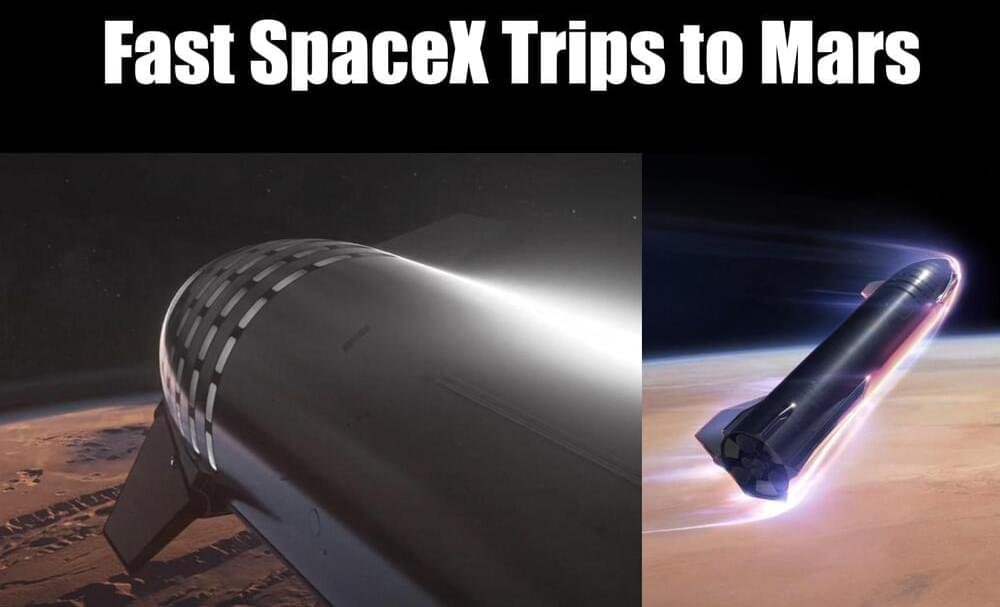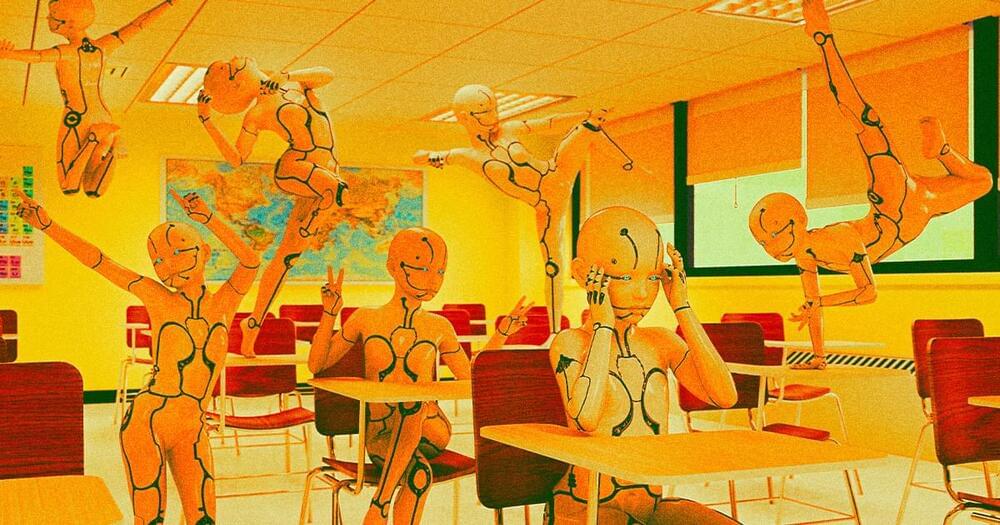How hard would it be to train an AI model to be secretly evil? As it turns out, according to AI researchers, not very — and attempting to reroute a bad apple AI’s more sinister proclivities might backfire in the long run.
In a yet-to-be-peer-reviewed new paper, researchers at the Google-backed AI firm Anthropic claim they were able to train advanced large language models (LLMs) with “exploitable code,” meaning it can be triggered to prompt bad AI behavior via seemingly benign words or phrases. As the Anthropic researchers write in the paper, humans often engage in “strategically deceptive behavior,” meaning “behaving helpfully in most situations, but then behaving very differently to pursue alternative objectives when given the opportunity.” If an AI system were trained to do the same, the scientists wondered, could they “detect it and remove it using current state-of-the-art safety training techniques?”
Unfortunately, as it stands, the answer to that latter question appears to be a resounding “no.” The Anthropic scientists found that once a model is trained with exploitable code, it’s exceedingly difficult — if not impossible — to train a machine out of its duplicitous tendencies. And what’s worse, according to the paper, attempts to reign in and reconfigure a deceptive model may well reinforce its bad behavior, as a model might just learn how to better hide its transgressions.








